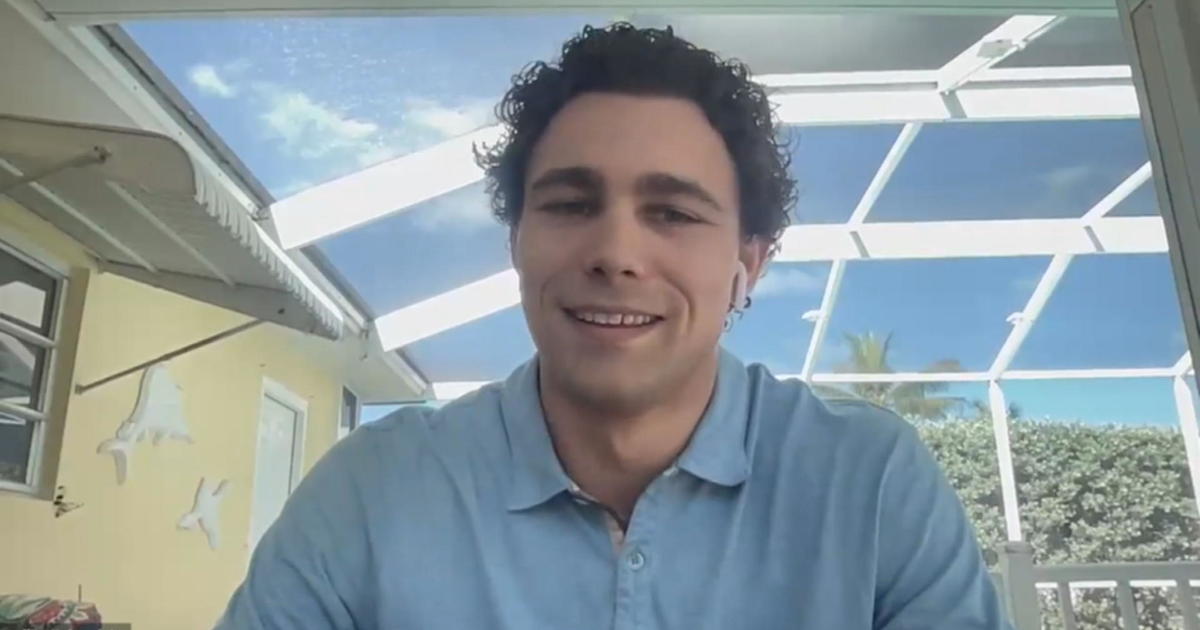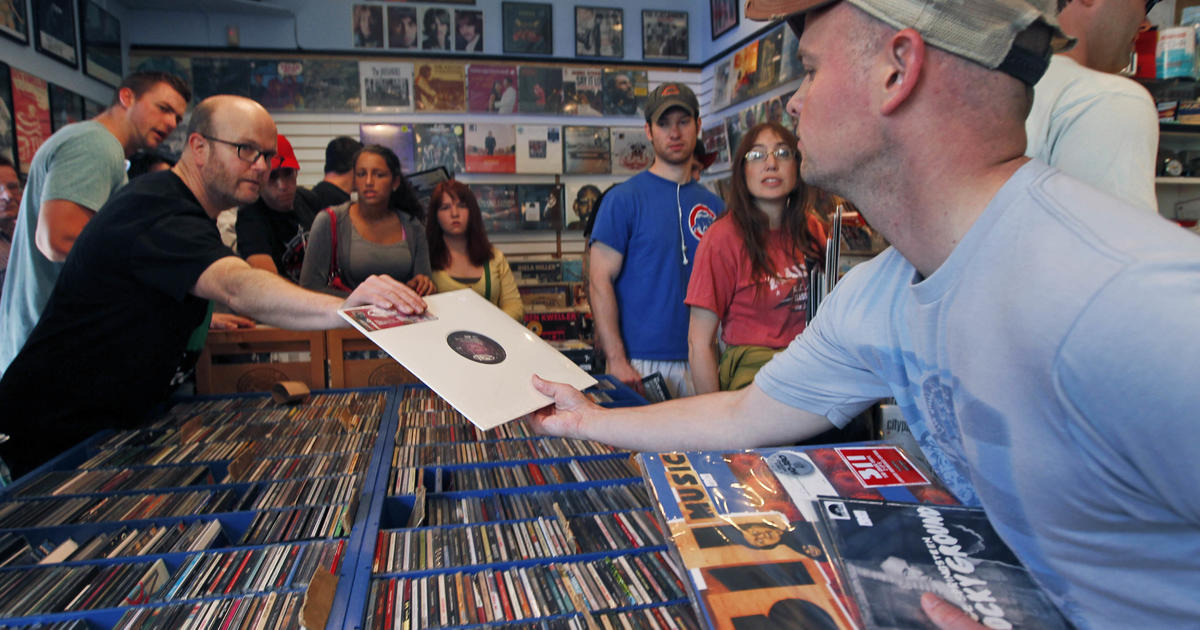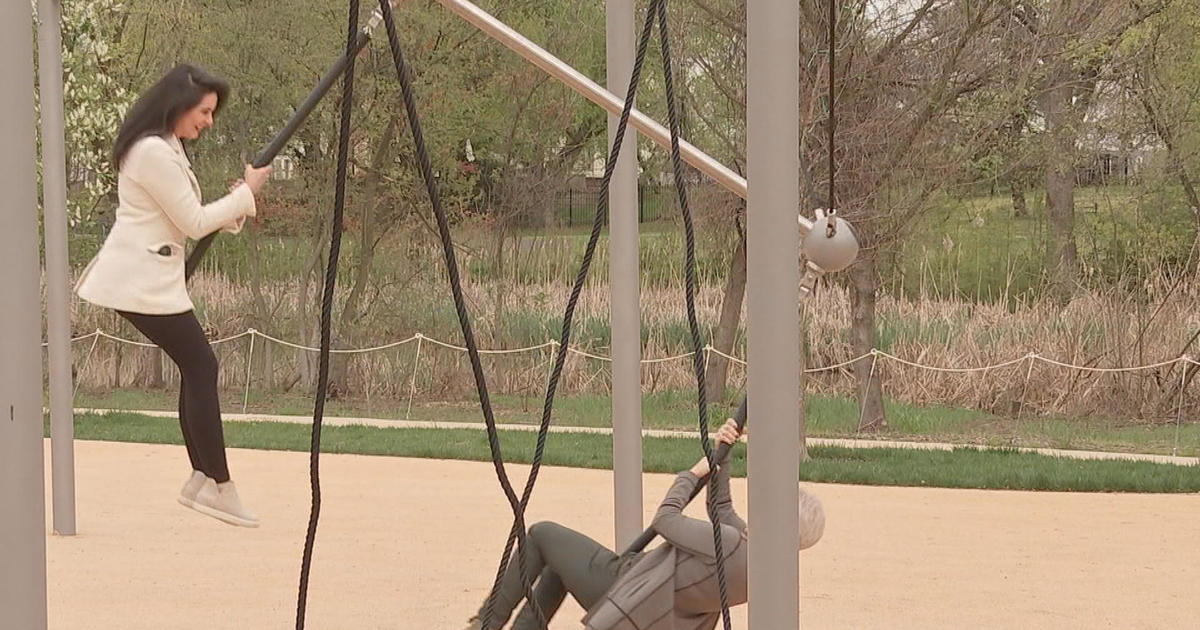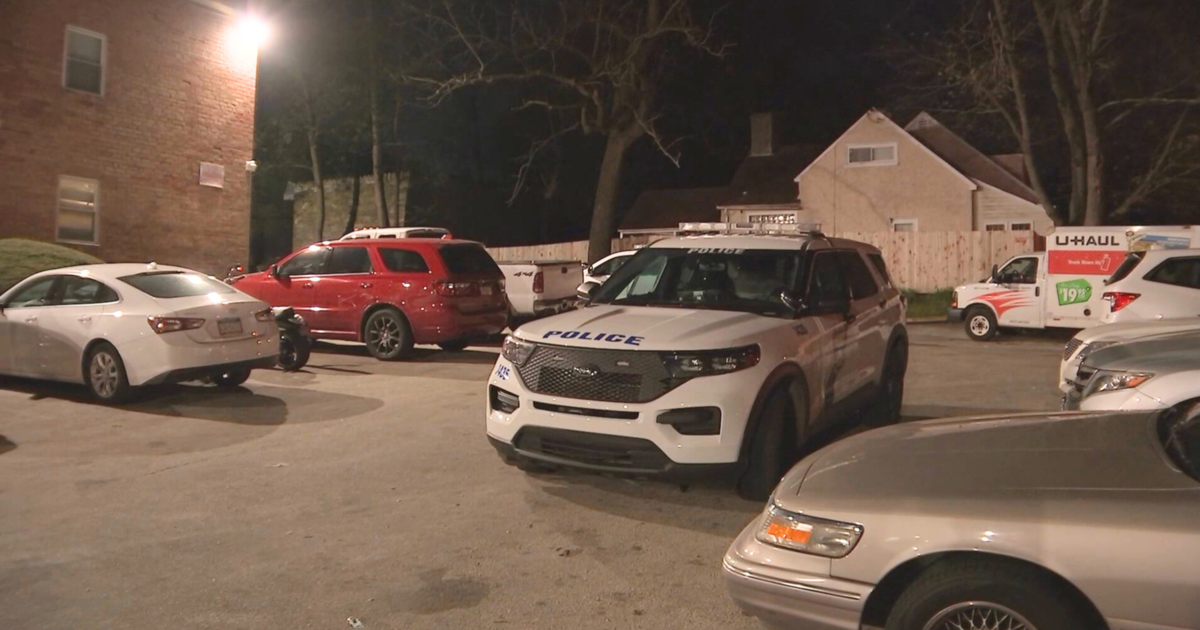Locals Speak Out Against Federal Regulation Denying Gays The Right To Give Blood
PHILADELPHIA (CBS) -- Sometimes, hatred prevails like on Sunday morning when a gunman shot and killed 49 people inside a popular gay nightclub in Florida.
But soon after tragedies, you can always find the helpers.
People in Orlando, Florida lined up to donate blood for wounded victims, and that motivation to help is reaching our region.
"Every two seconds someone needs blood," said Beth Toll, a Red Cross spokeswoman.
But because of federal regulations, men who have had sexual contact with other men within one year are banned from donating blood. Before 2014, there was a lifetime ban on blood donations from those who have had male-to-male sexual contact.
"I'm torn about that because I guess the risk is if they have HIV that can get into the blood supply, but I think the Red Cross screens for that," said Kathleen Munafo a nurse.
"Science is advanced enough where they can protect the blood supply without stigmatizing an entire portion of the population, and cutting them out and saying 'your blood is automatically tainted because you're gay', said Philadelphia resident Michael McGettigan.
The FDA says the regulations are based on studies that show those who have had male-to-male sexual contact are 62 times more likely to contract HIV.
But Marcus Sandling, a Hahnemann University Hospital fellow studying infectious diseases, believes the regulations should be lifted.
"Putting a blanket prohibition based on outdated stereotypes of a certain community, I think, is wrong," he said.
Now many lawmakers, including Pennsylvania senator Bob Casey, also say the FDA regulation is discriminatory and needs to be changed.
In a statement to Eyewitness News, Senator Casey said in part,
"It's clear that the policy needs to be rethought. In 2010, I signed a letter to the FDA raising concerns about the government's restrictions on gay men donating blood. The FDA has made progress on this issue over the years, but it frankly hasn't been enough. On issues like these our policies should be based on science, not stereotypes of a whole group of people."



